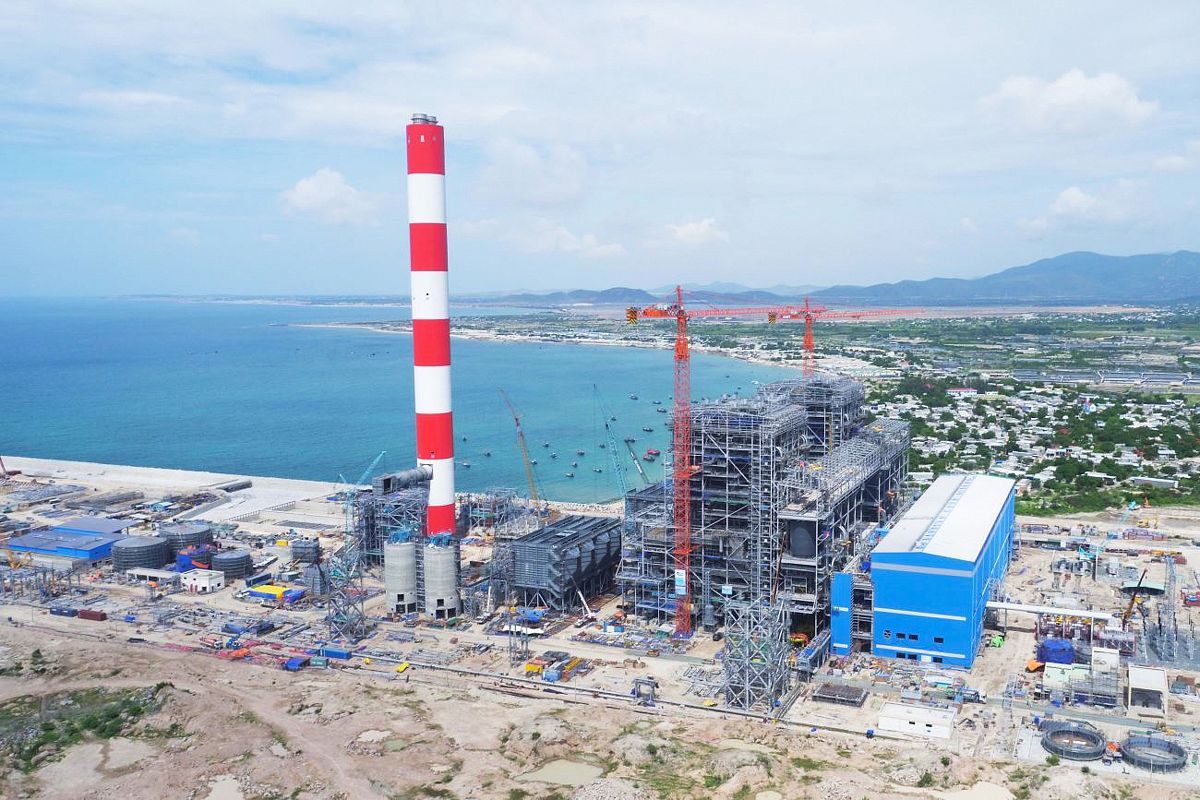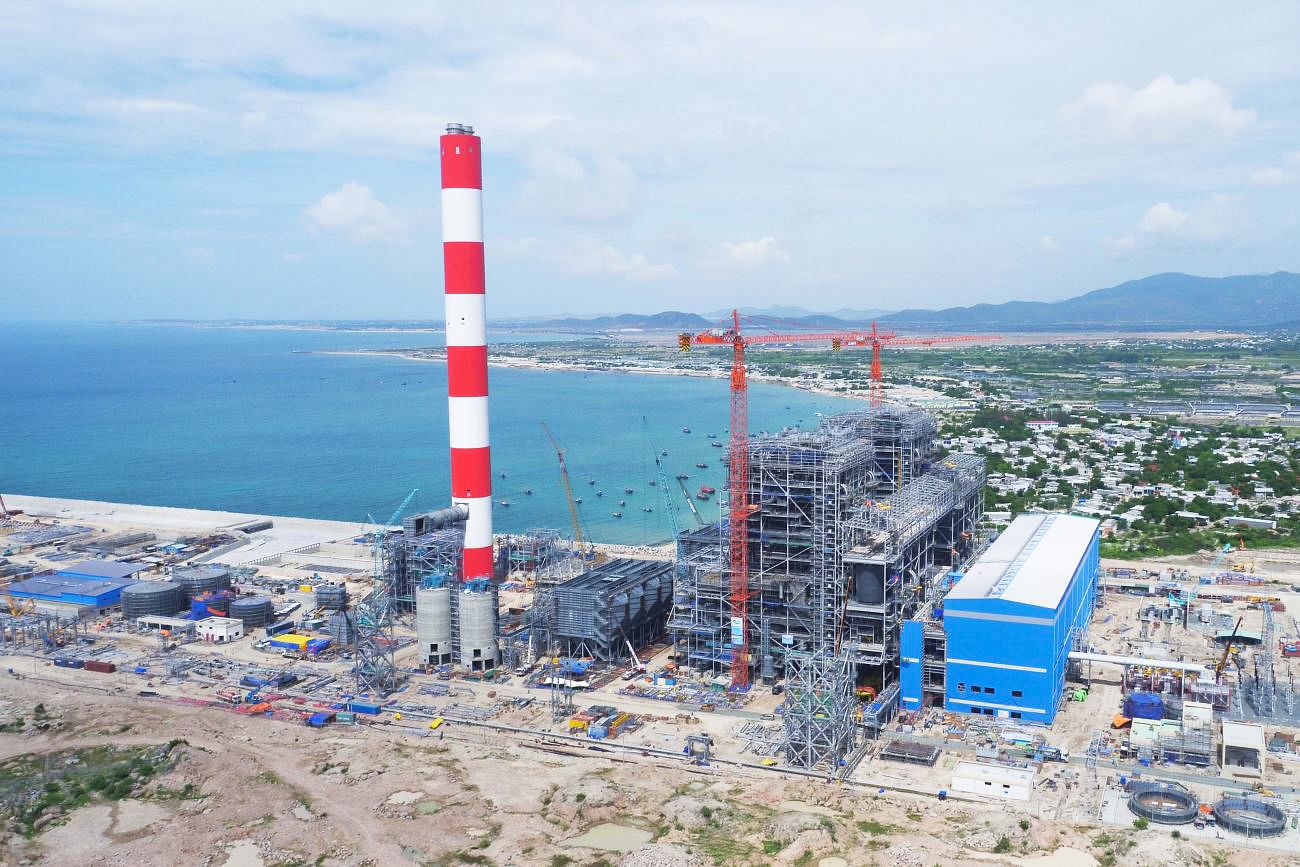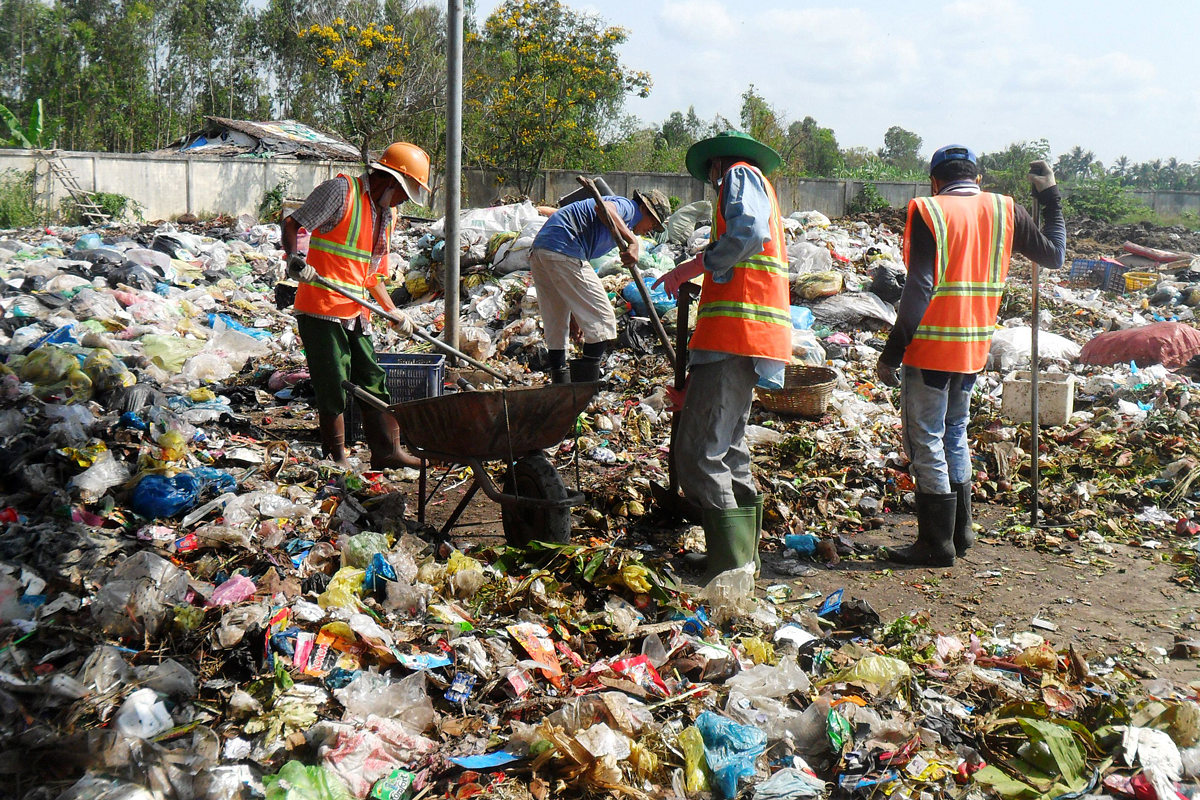A power company located in Binh Thuan province is seeking permission to dump 2.4 million cubic meters of "matter" into the sea less than 10 kilometers from a marine reserve.
Tran Trung Hieu, a representative of Vietnam Electricity GENCO 3 (EVN GENCO), a subsidiary of Vietnam Electricity (EVN), confirmed with Tuoi Tre on Saturday the company is finalizing paperwork seeking permission from the Ministry of Natural Resources and Environment to dump mud and sand into Tuy Phong District’s Vinh Tan Sea. He claimed that the project will be carried out so that 100-metric-ton freighters can carry coal to three EVN thermal power plants in Binh Thuan.
The location of the proposed waste disposal is a mere eight kilometers from the Hon Cau Marine Protected Area, which is on the south central coast, as reported byVnExpress. Environmental experts are concerned the waste will cover the seabed, killing most of the aquatic animals living there, while depriving seaweed and coral of sunlight.
Hon Cao spans 12,500 hectares and is home to 234 coral species, 324 species of fish, 119 mollusks and 32 echinoderms. Many of these species, such as the ornate spiny lobster, green sea turtle and hawksbill sea turtle have important economic value. The area also features a diverse marine plant system which includes sea grass and algae. It is a known as the nesting ground for sea turtles during their breeding season, according to VietnamNet.
EVN GENCO has assured that it will comply with environmental protection procedures, but many are doubtful.
Nguyen Linh Ngoc, Deputy Minister of Natural Resources and Environment, responded to questions about Hieu's announcement saying that the ministry hadn't yet received EVN's application, VnExpress shares.
Last month, the ministry allowed a thermal power plant to dump almost one million cubic meters of mud and sand into the sea in Vinh Tan Commune, which raised public concerns, as reported by Tuoi Tre.
Local residents are worried about the proposals, as they are reminded of the events of April of last year when Taiwanese steelmaker Formosa dumped toxic industrial waste into the sea off the north-central coast, killing tons of fish and disrupting the livelihoods of locals.
The company eventually admitted that it was responsible for the massive fish die-off and promised to pay US$500 million as compensation to affected residents.
[Photo via pecc]













